

Matt Campbell
2025 Porsche 911 Carrera T review
6 Days Ago

News Editor
Tesla’s outspoken CEO thinks his company could be producing 20 million vehicles annually in 10 years’ time.
“I think it’s aggressive, but not impossible, that we could do 20 million cars in 10 years,” Elon Musk said at the opening of Tesla’s new Gigafactory in Germany, per a report from Automotive News.
“And that would be a good number because there’s 2 billion cars and trucks in the world that are in active use, so 20 million would be then 1 percent of the global fleet per year.”
That’s a lofty goal, considering even mighty Toyota produced 8,583,985 vehicles in 2021 inclusive of the Lexus brand, or a tick over 10 million when including Hino trucks and Daihatsu small cars.
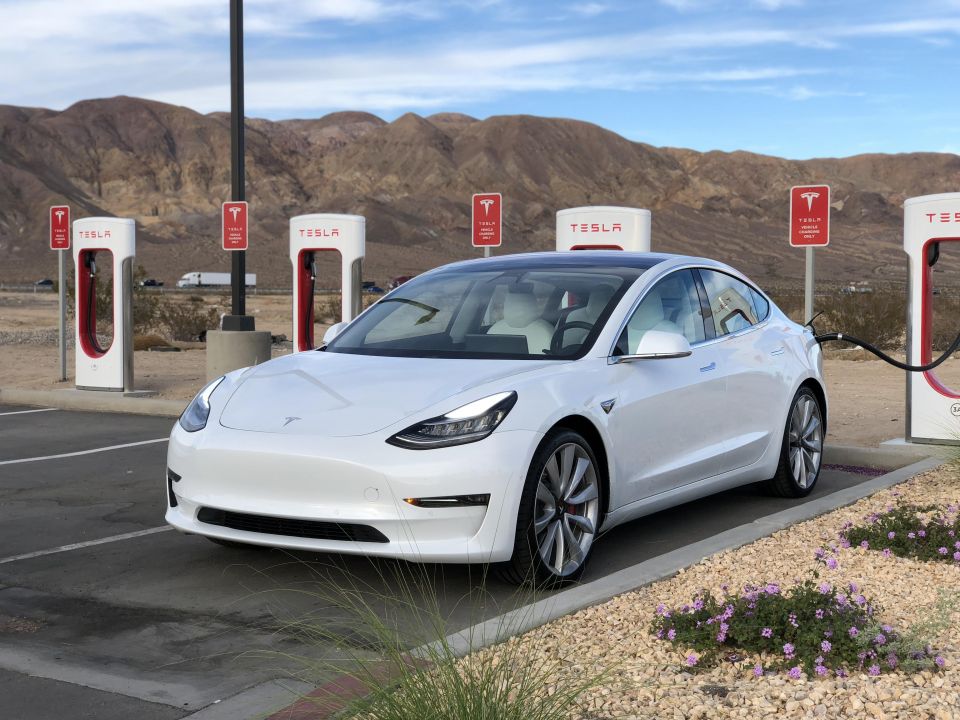
While the Japanese giant was affected by COVID-19-related lockdowns and supply shortages, that tally still left it as the world’s largest automaker in terms of sales.
Tesla would have a steep climb over the next decade.
In 2021 it produced 930,422 vehicles in total, or about as many Toyota, Lexus and Daihatsu models were produced in the month of December alone.
It has forecast vehicle deliveries will comfortably grow by more than 50 per cent year-over-year in 2022, which would put deliveries at over 1.4 million units this year.
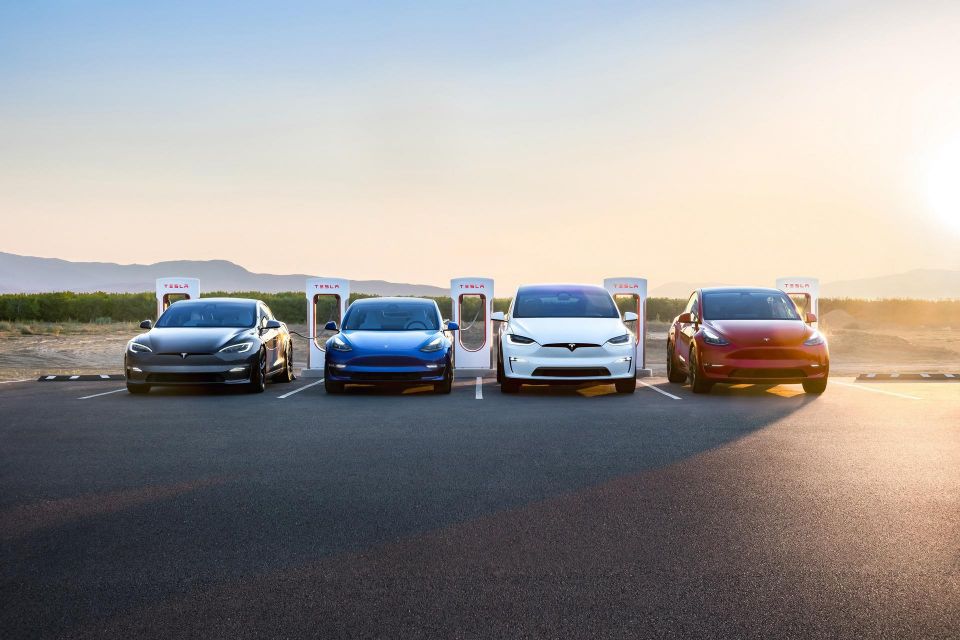
Elon Musk has also been known to make off-the-cuff statements that never reach fruition.
For example, in 2016 he spoke of releasing a ‘minibus’ and in 2020 he spoke of revealing a vehicle for “high passenger-density urban transport” the following year and introducing an entry-level EV at some point.
None of these products have eventuated, with Musk confirming earlier this year his company isn’t working on a Tesla more affordable than the Model 3.
But Tesla has steadily grown over the years. Initially building cars exclusively at its plant in Fremont, California, it commenced production at its Shanghai, China plant in 2019 and at its new German factory this month.

Tesla will also soon have a second US plant operating with production of the Model Y commencing at its Austin, Texas plant this year. It’ll also produce the Cybertruck, whenever that model exits production hell.
That model will allow Tesla to crack into a burgeoning segment, albeit one it won’t have a first-mover advantage in.
Instead, the Cybertruck has been beaten to market by the Rivian R1T and GMC Hummer EV, and the likes of the Ford F-150 Lightning and Chevrolet Silverado EV may be reaching customers before the Tesla.
Where expert car reviews meet expert car buying – CarExpert gives you trusted advice, personalised service and real savings on your next new car.
William Stopford is an automotive journalist based in Brisbane, Australia. William is a Business/Journalism graduate from the Queensland University of Technology who loves to travel, briefly lived in the US, and has a particular interest in the American car industry.


Matt Campbell
6 Days Ago


James Wong
5 Days Ago


Max Davies
4 Days Ago
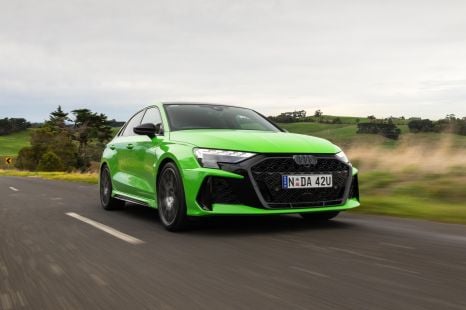

Josh Nevett
3 Days Ago
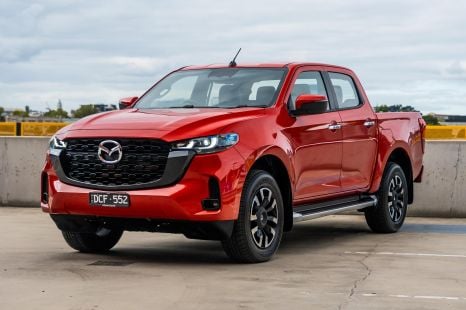

Josh Nevett
2 Days Ago
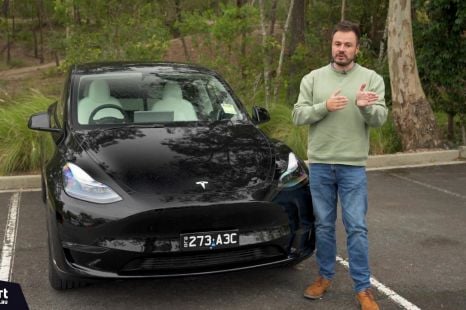

Paul Maric
24 Hours Ago